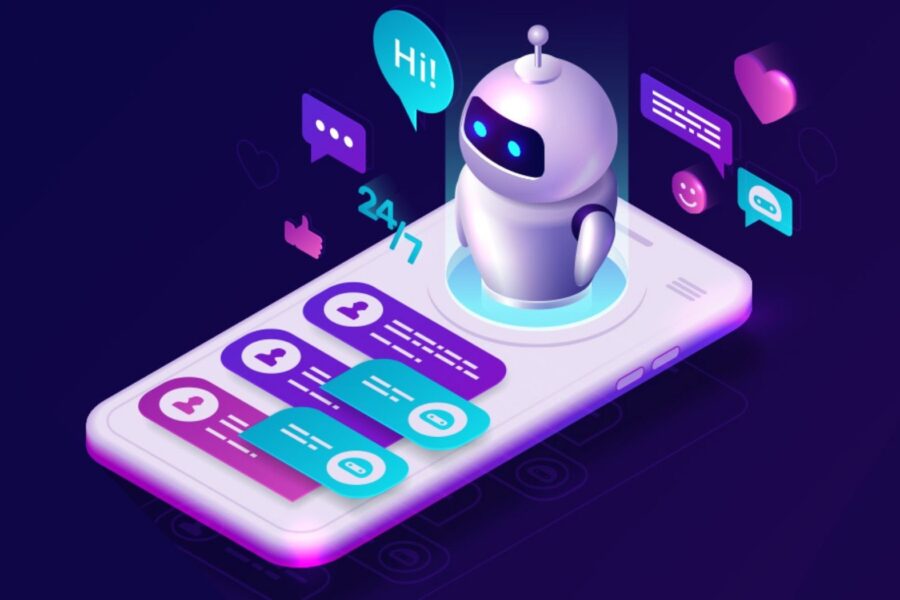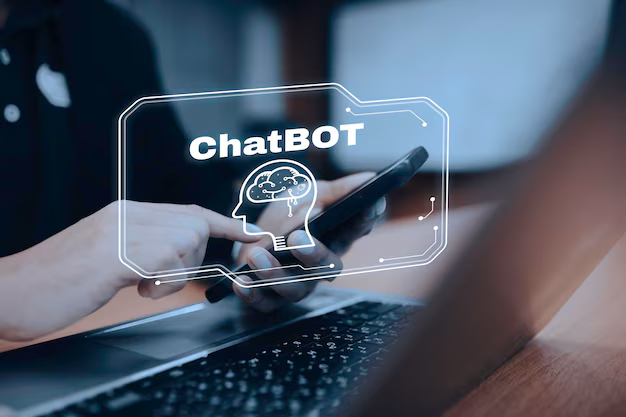The sales world is undergoing a massive transformation, and at the heart of this change is conversational AI. With customers expecting instant responses and personalized attention, AI-powered chatbots and smart assistants are no longer “nice-to-have” tools — they’ve become essential assets for sales teams worldwide.
“AI won’t replace salespeople, but salespeople who use AI will replace those who don’t.”


Unlike traditional chatbots that delivered scripted replies, conversational AI uses natural language processing (NLP) and machine learning to hold human-like conversations, understand context, and even predict customer intent. This makes them far more effective in engaging leads, answering queries, and driving conversions.
One of the most powerful benefits of conversational AI in sales is its ability to nurture leads around the clock. While human sales reps can only handle a limited number of conversations daily, AI can manage thousands of interactions simultaneously. For example, a chatbot on a company website can greet visitors, qualify them with a few intelligent questions, and seamlessly pass “hot leads” to sales reps — all in real time. This saves valuable time and ensures that sales teams focus on prospects who are genuinely interested.
Conversational AI also personalizes the customer journey. By analysing data from CRM systems, browsing behaviour, and past interactions, chatbots can tailor product recommendations, suggest relevant content, or even schedule meetings directly into a rep’s calendar. This reduces friction in the sales process and keeps the customer experience smooth and engaging.
Beyond lead nurturing, smart assistants are now helping sales reps with real-time coaching. Imagine a virtual assistant that listens to sales calls, provides instant prompts, and suggests the best responses to handle objections. This not only improves conversion rates but also accelerates the learning curve for new sales hires.
However, while conversational AI is a game-changer, it’s important to strike a balance. Over-automation can frustrate customers if they feel they’re talking to a machine with no way to reach a human. The winning formula is a hybrid approach — where AI handles repetitive tasks and initial engagement, and human sales professionals step in to build relationships and close deals.As businesses in 2025 compete in crowded markets, conversational AI is no longer just a technology trend — it’s a strategic advantage. Sales teams that embrace these tools can respond faster, personalize better, and close smarter.

